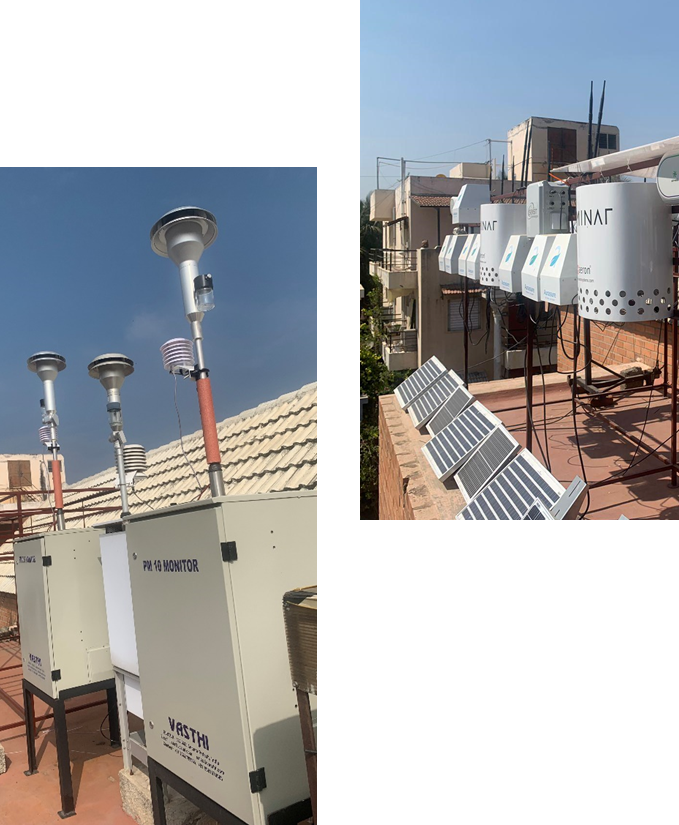The Air Sensors International Conference (ASIC) 2024 was concluded at Riverside, California, USA, in May 2024. With participation from over 35 countries, the conference proceedings laid emphasis on expanding the use of sensors beyond increasing monitoring capacity. The conference enabled academics and industry experts to discuss the current challenges in the mass adoption of sensors for research and actual monitoring. During the South Asia-focused session, the authors participated in a discussion on the advances in the use of sensors in Bengaluru and Delhi NCR.
There has been tremendous progress on the use of air sensors in South Asia. Researchers presented studies from rural Tamil Nadu, Delhi, Bengaluru, and Pakistan. The sensor evaluation facility established at the Center for Study of Science, Technology and Policy (CSTEP), India Sensor Evaluation and Training (Indi-SET), was also widely appreciated during the session. However, there is still a lot of work to be done to ensure that policymakers in India can rely on sensor data and hybrid networks become the norm rather than pilot projects. Furthermore, best-use cases should be developed for sensor data for hyperlocal monitoring, exposure assessment, and hotspot identification.
Some of these discussions will be taken forward at this year’s India Clean Air Summit (ICAS 2024). The event is being organised in collaboration with the Clean Air Monitoring and Solutions Network (CAMS-Net), a National Science Foundation-funded initiative led by Columbia University. CAMS-Net is aimed at creating an international ‘network of networks’ that will facilitate the exchange of knowledge, ideas, and data to improve the usage and application of low-cost sensor air quality data.

